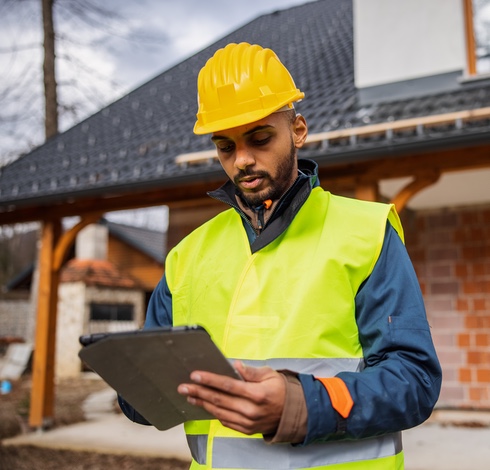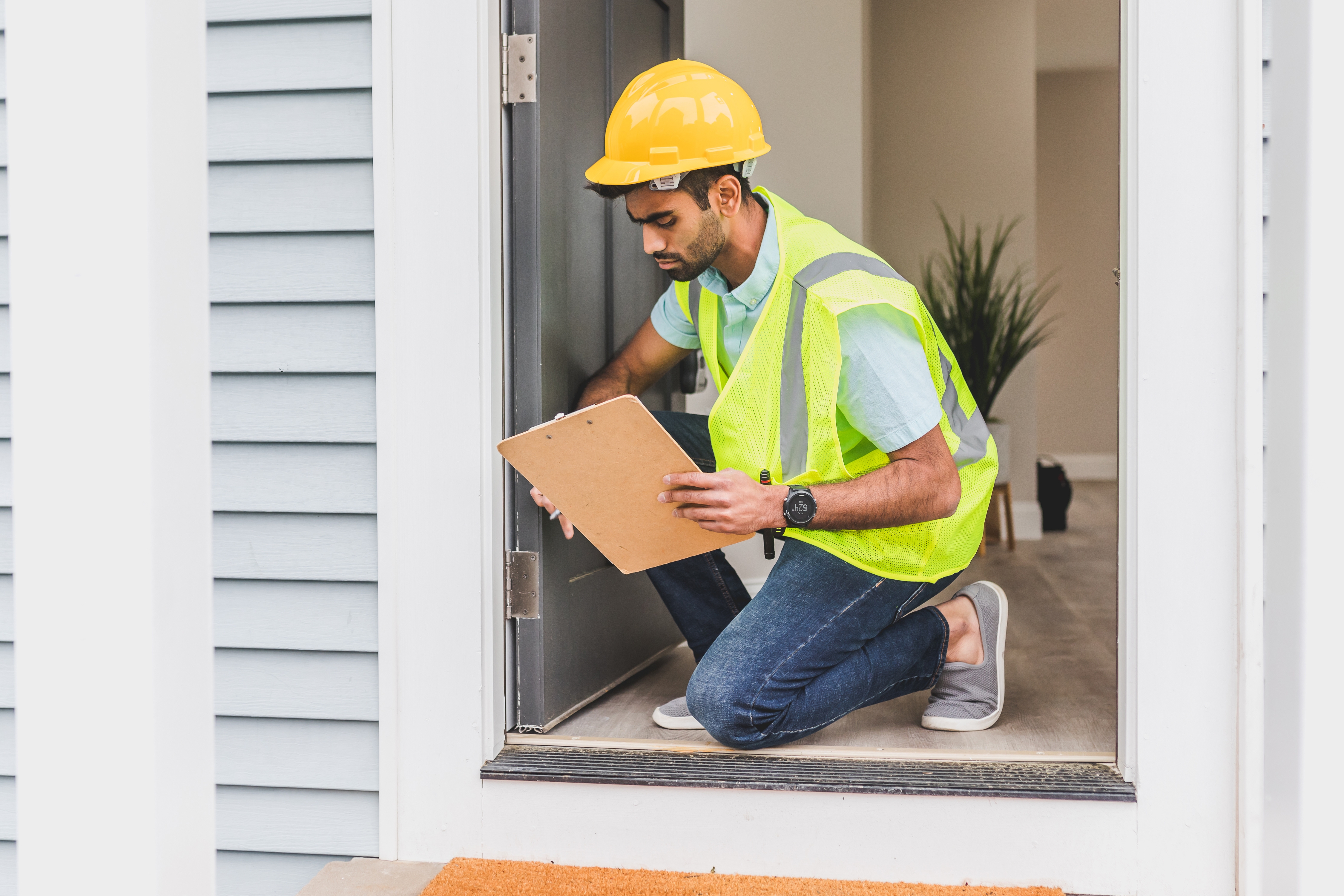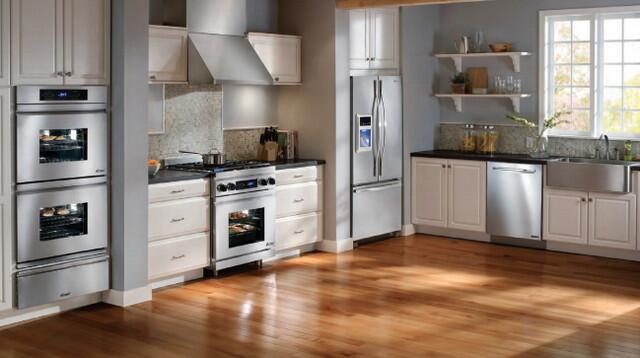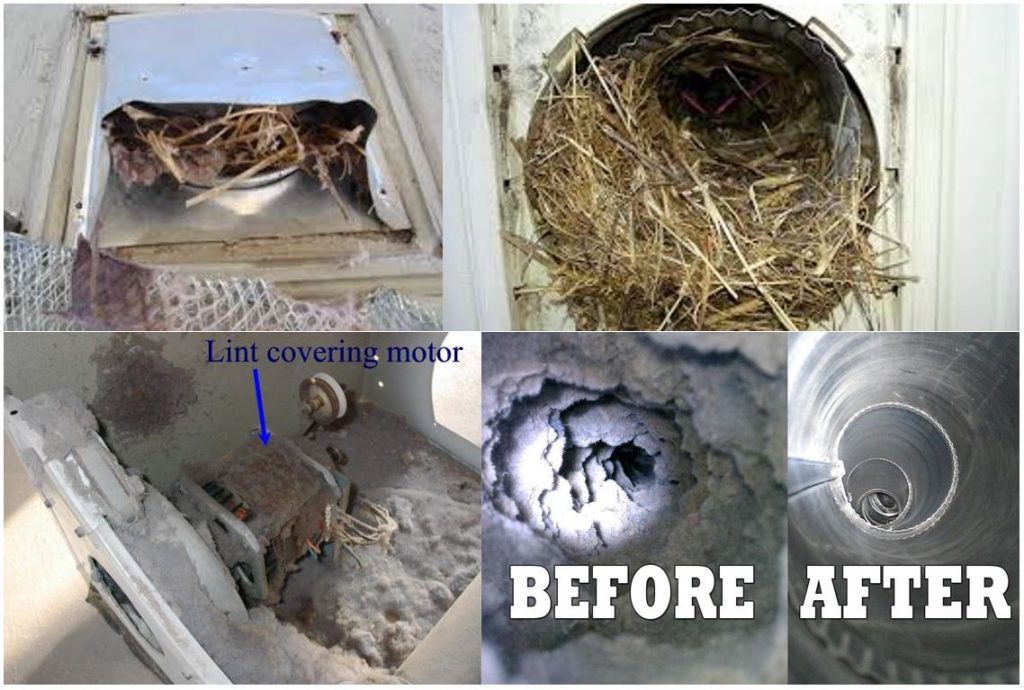
The short answer would be YES! But obviously the very next question will always by ‘why?’. To answer that we need to dig a bit deeper, but that’s why we’re here!
We must understand that Home Inspections represent different things to different people. For some in the Real Estate industry they are a hurdle that has to be overcome, nothing more than a formality on the road to writing a mortgage and closing a deal. For others Home Inspections are a very real window into the condition of a property, showing them things they would have never seen on a walk through or during an open house. Many others have no idea Home Inspections are even conducted, or needed, and have never used the services of a licensed home inspector. Some folks take the responsibility on themselves, others ask friends or family to have a closer look, but in one way or another, they all realize in the back of their minds that purchasing a home is a massive investment and they as buyers are nervous about things they cannot see or simply do not know to look for.
That investment, the leap over the cliff into home buying, is stressful enough without adding other parties into the picture. Home Inspectors fully understand this as they encounter it every day to some degree, and they are aware of all the little stresses that come with buying real estate. The best inspectors will take their clients through the inspection process and answer any questions that arise as they go. Some inspectors will add maintenance recommendations as well, to help their clients long after the sale has been completed. But what makes a Home Inspection so important? There are three main topics.
- Health and Safety. The reality of the world we live in today is that many things we take for granted in our homes can cause serious harm or even death if they malfunction or degrade badly enough. Modern homes have appliances, electrical wiring, construction materials, and plumbing that can all be dangerous in certain situations. Homes built within recent years are required to have advanced monitoring devices to protect sleeping owners from fires or carbon monoxide poisoning, and older homes without these devices are being required to install them. Home Inspections are designed to inspect properties for health and safety issues and to call them out in the inspection reports as major deficiencies that need to be corrected in order to safely live in the home. Nothing in an inspection report should be read as “do not buy this house because…” but rather “before you move in, these things need to be dealt with.”. The great thing about houses is, there is nothing that cannot be fixed, but you can only fix what you are aware of.
- Negotiation. Consider buying a car. Would you purchase a new or used car without driving it first? Say you find a great deal down at the Autopark, but when you drive it something just feels odd to you. You want your personal mechanic to take a look and he finds out the suspension needs work, including new shocks and brakes. Are you excited about paying for all manner of repairs to a car you just bought? No. That’s where negotiations come in. Your mechanic says the repairs are going to be $1000, so naturally you go back to the seller and ask for a reduced price to cover those repairs. The same exact scenario plays out every day with real estate transactions. A couple walks into a beautiful home with immaculate paint, beautiful floors, and a chef’s kitchen to die for. What they don’t know is that the HVAC is nearing the end of its lifespan, the water heater has not been serviced in the last 15 years, and there are leaks behind the wall in the master shower that not even the current homeowner is aware of. Considering that the cost of a new HVAC system alone can run $8000 depending on size and where the home is located, it’s not hard to envision prospective buyers returning to the negotiating table with serious questions about taking on a home like this. Home Inspections reveal things in homes that normal buyers are not considering when they walk through a property. Again, these problems can be fixed, but only if you are aware they exist.
- Knowledge. Returning to the car analogy for a moment, most car owners can fill their tanks with gas and change a flat tire without much trouble. Some can change batteries and wiper blades and conduct other basic maintenance, and they are at least aware the oil needs to be checked and changed periodically. The same is true for homeowners. Changing filters, basic appliance maintenance and general upkeep items are fairly well known, but when you dig deeper you find a number of maintenance items that most people have no idea about, as well as looking forward into the future at bigger ticket items like HVAC replacement, roof replacement, water heaters, and identifying possible problems before they get extremely expensive. Home Inspection reports are an excellent resource for identifying and tracking these items. At French Inspection every inspection report we write contains all model and serial numbers for your appliances, including HVAC and water heaters. Armed with this information you can track the age of a given appliance or system and budget for replacement before you wake up one morning to find out your HVAC has finally died a natural death, or step into a shocking cold shower you were not expecting. More importantly you can track the date of your last dryer vent or chimney flue cleaning. Homes, just like cars, will begin to quickly deteriorate if not maintained.
Home Inspections are without question necessary and can be an extremely useful tool long after the real estate transaction has closed. Buyers should understand that the whole point of a Home Inspection is to reveal things that are not apparent to the untrained eye. Inspection reports are written to inform and document. They are never intended to sour a prospective buyer from purchasing a home, but rather empower that buyer with the knowledge to make a good decision when entering the biggest investment of their lives. Until next time!





